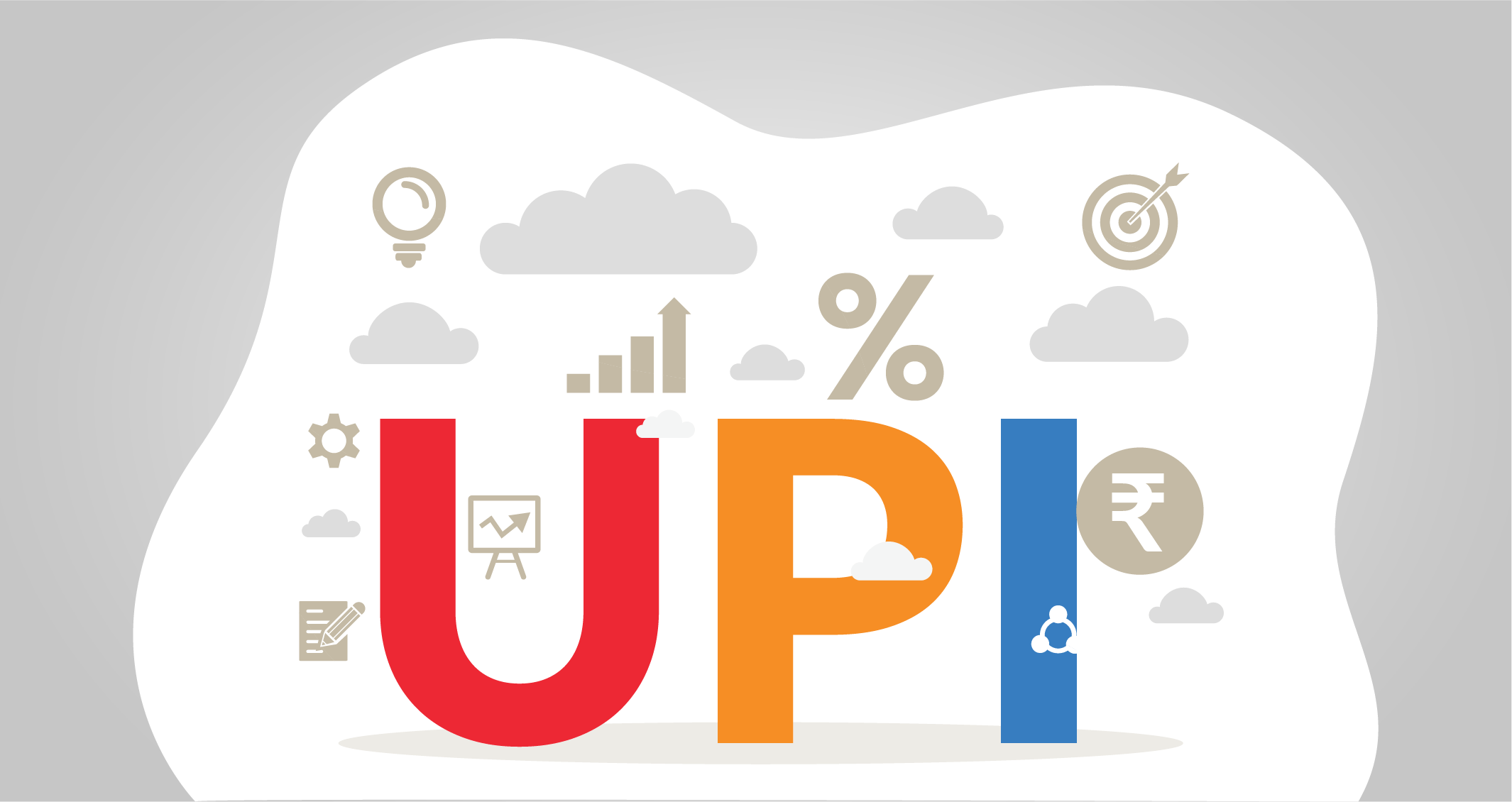What is UPI Fraud? Here's How You Can Stay Safe

India’s real-time payments ecosystem, the Unified Payments Interface (UPI), has grown into an unstoppable force. It recorded 4.5 billion transactions worth Rs. 8,26,848 crore ($111 billion) in December 2021 alone. UPI’s success stems from the variety of payment options it provides to its consumers.
The Unified Payments Interface, or UPI, is a single platform that brings together various financial services and features under one roof. The National Payments Corporation of India (NPCI) designed it, and the Reserve Bank of India oversees it (RBI). Certified digital payment applications such as Google Pay, Paytm, and Phone Pe allow users to execute quick mobile transactions with only one click.
Today, to send and receive money, all you need is a UPI ID and a pin. While it is exceedingly handy to use, it has also extended the breadth of cyber-attacks and created several worries about digital security. Several banks have published social media warnings informing consumers of the situation and urging them to practice “Safe Banking.”
Also Read: 7 Reasons to Switch to Digital Wallets – The Smarter Way to Pay
Type of UPI Frauds/Scams
Phishing
When fraudsters send an email or SMS (Single Maturity Scheme) with illegal links, this is known as phishing. By clicking on these links, you will get redirected to your phone’s UPI app, which will initiate an auto-debit from your account. These URLs can be extremely dangerous since they might infect your phone with viruses or malware.
Unverified Links
In order to receive payment through UPI, you do not need to scan any QR or click on any link. Many fraudsters lure you into the frauds by providing you with a fake payment link, clicking on any of which will sweep your money.
Remote Screen Monitoring
Many applications today, after the installation, require your details like email id or DOB etc. If you download apps from any third-party source, be aware while disclosing your UPI id and pin. Make sure you download applications only from a trusted source or only from the App or play store.
Fake Calls
Fraudsters will phone you posing as bank officials and ask for your UPI pin or request that you download a third-party app for verification purposes. It will provide them with access to your personal information and account information.
Deceptive UPI Handles
Today, social media is one of the prime sources of these frauds. There are many pages with the same handle names as the real ones, and people tend to fall for them. These fraudsters can use the screenshots to execute their plans, and before you know it, they will sweep out all your money. Hence, try to avoid posting any UPI related information in public domains.
Safety steps that you should follow to avoid these frauds
1. Privacy
Never give out personal information such as your UPI pin, passwords, or card number to anybody. If your M-pin becomes exposed, replace it right away. Just to be safer, you may also install a lock on your digital apps.
2. Use Authentic Apps
Do not install invalid third-party apps. When downloading mobile banking apps, make sure you get them from the App Store or Google Play Store.
3. Browse Securely
Do not use Google to get customer service numbers; consider looking at the official website. Fraudsters frequently post fake phone numbers on websites that appear to be authentic or authorized but are not, leading you to fake call centres controlled by hackers.
4. Verify Contacts
No bank representative calls you asking for your customer id or pin. Therefore, ignore all these calls. Try and avoid clicking on any links sent to you by any pretending EPFO (Employee Provident Fund Organization) or IRDAI representatives. Because just like bank officials, they do not call you for any offers or anything unless you have requested a call back for any query.
UPI (Unified Payments Interface) has become a part of our everyday lives, and everyone must be aware of the unusual ways in which fraudsters might fool you. They can produce new ways to persuade you to share your personal information with them. Thus, pay a significant caution while making online payments. Please contact your bank or the closest Cybercrime centre to report the incident.
